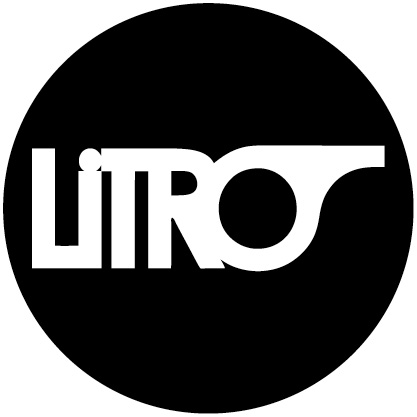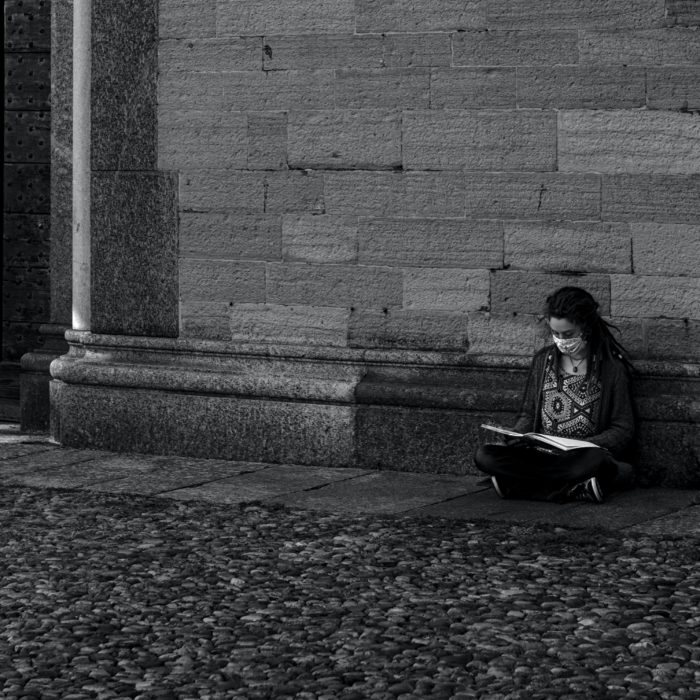You have no items in your cart. Want to get some nice things?
Go shopping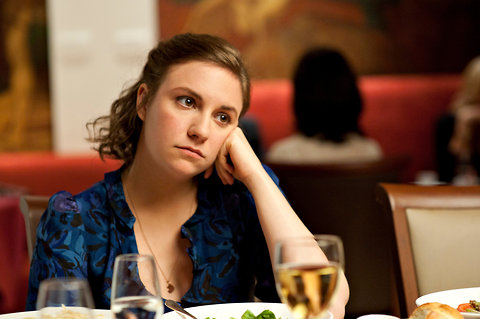
We were all agape—and green with envy—when Lena Dunham‘s yet-to-be-written debut collection of coming-of-age essays, tentatively titled Not That Kind of Girl: A Young Woman Tells You What She’s Learned, sparked a heated bidding war and finally received a jaw-dropping advance of reportedly $3.5–$3.7 million from Random House. Of course, Dunham is the creator and star of HBO’s much talked about and Emmy-winning TV series, Girls, and has been vaunted as the voice of her generation—or at least, a voice—and she is only 26. Writer Jason Pinter delves into the economics of Dunham’s deal, and the Huffington Post looks at some of the biggest book deals ever made.
You can still book tickets to watch the Man Booker prize shortlisted authors (here’s a Guardian piece where they each introduce their novels) read at the Southbank Centre’s Royal Festival Hall at 7:30pm on Monday, 15 October. The winner will be announced shortly after 9:40pm the next day on 16 October on the BBC News Channel and BBC World. The winner’s event, held for the first time ever, will be on Thursday, 18 October at 7pm, at the Apple Store in Covent Garden; the winner will discuss what it feels like to win the coveted award. This is an exclusive event, but you can win tickets via the Telegraph, Bookhugger, and Readinggroups.org, amongst others.
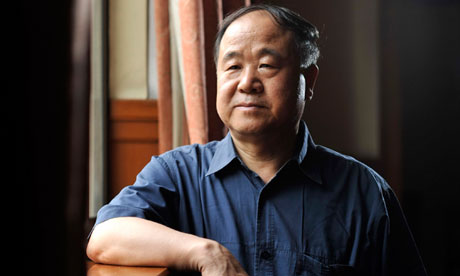
Speaking of literary prizes, Mo Yan, 57—author of several novels including Red Sorghum, which was successfully adapted into a film by Zhang Yimou, and Big Breasts & Wide Hips—is the first Chinese citizen, though not the first Chinese, to win the Nobel prize for literature. Gao Xingjian (Soul Mountain, One Man’s Bible), a Chinese-born dissident now living in exile in France with French citizenship, won the prize in 2000; however, his work is laden with criticism of the Chinese communist government and banned in China—so his win was a point of ignominy for the Chinese government. Not so for Mo Yan, though not everyone is celebrating either. The artist and political activist Ai Weiwei recognises Mo Yan’s literary achievements but calls his win “an insult to humanity and to literature” because of the cosy relationship he enjoys with Chinese authorities. Mo Yan has managed to placate Chinese censors by employing what the Swedish Academy describes as “hallucinatory realism“—a mixture of folk tales, history and the contemporary—for which he has been compared to Gabriel Garcia Marquez and William Faulkner. As a son of the cultural revolution, his pen name “Mo Yan” means “don’t speak”, and as such he has surprised many by speaking up for jailed fellow laureate Liu Xiaobo. SOAS professor of Chinese Michel Hockx is reported saying, “I don’t like the idea that Chinese writers are only good if they challenge the government—a good writer is a good writer. It’s not a good yard stick of anything; are the only good British writers the ones who speak out against the war?” The Millions has a round-up of Mo Yan’s work.
Private donors, including Cherie Blair and the novelist Joanna Trollope, have come forward to save what is now called the Women’s Prize for Fiction after the mobile services company Orange announced its withdrawal of sponsorship earlier in May. The Prize is awarded for the best novel of the year written by a woman writing in English—whatever her nationality, country of residence, age or subject matter—and published in the UK. The winner receives a cheque for £30,000 and a bronze figurine known as “the Bessie”.
 One of the most-awaited literary adaptations this year, Jack Kerouac’s On the Road hit the big screens yesterday here in the UK. It might interest you to know that the original manuscript on which the author famously typed his streams of consciousness in 1951 is a 120ft-long roll of paper, which is now on display at the British Library until December 27.
One of the most-awaited literary adaptations this year, Jack Kerouac’s On the Road hit the big screens yesterday here in the UK. It might interest you to know that the original manuscript on which the author famously typed his streams of consciousness in 1951 is a 120ft-long roll of paper, which is now on display at the British Library until December 27.
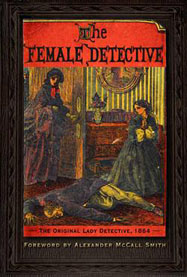 After more than a century, the stories of “Miss Gladden”, the first female sleuth of British fiction, is in print again. The Female Detective by Andrew Forrester (1832– c.1909) was first published in 1864, and is now republished by the British Library. The book features several cases—typical of detective fiction at the time—and also contains a foreword written by Alexander McCall Smith, author of The No.1 Ladies’ Detective Agency series. Available here.
After more than a century, the stories of “Miss Gladden”, the first female sleuth of British fiction, is in print again. The Female Detective by Andrew Forrester (1832– c.1909) was first published in 1864, and is now republished by the British Library. The book features several cases—typical of detective fiction at the time—and also contains a foreword written by Alexander McCall Smith, author of The No.1 Ladies’ Detective Agency series. Available here.
HarperCollins is also to publish J.R.R. Tolkien’s never-before-seen 200-page poem, The Fall of Arthur, next spring. In the epic tale, King Arthur tries to protect his country from Mordred the usurper—not inspired by Middle Earth.

About Emily Ding
Emily joined Litro in April 2012 as Literary Editor & Web Designer. She made over the website and introduced new developmental and editorial features to strengthen Litro's online presence. She left her position in January 2013, taking a backseat as Contributing Editor to concentrate on writing. She is a freelance journalist with a special interest in travel writing and foreign reporting (with an inclination for Asia and Latin America), and is now based in Malaysia. English is her native language, but she also speaks Mandarin and Spanish, having spent 2007-08 travelling in Central America.



